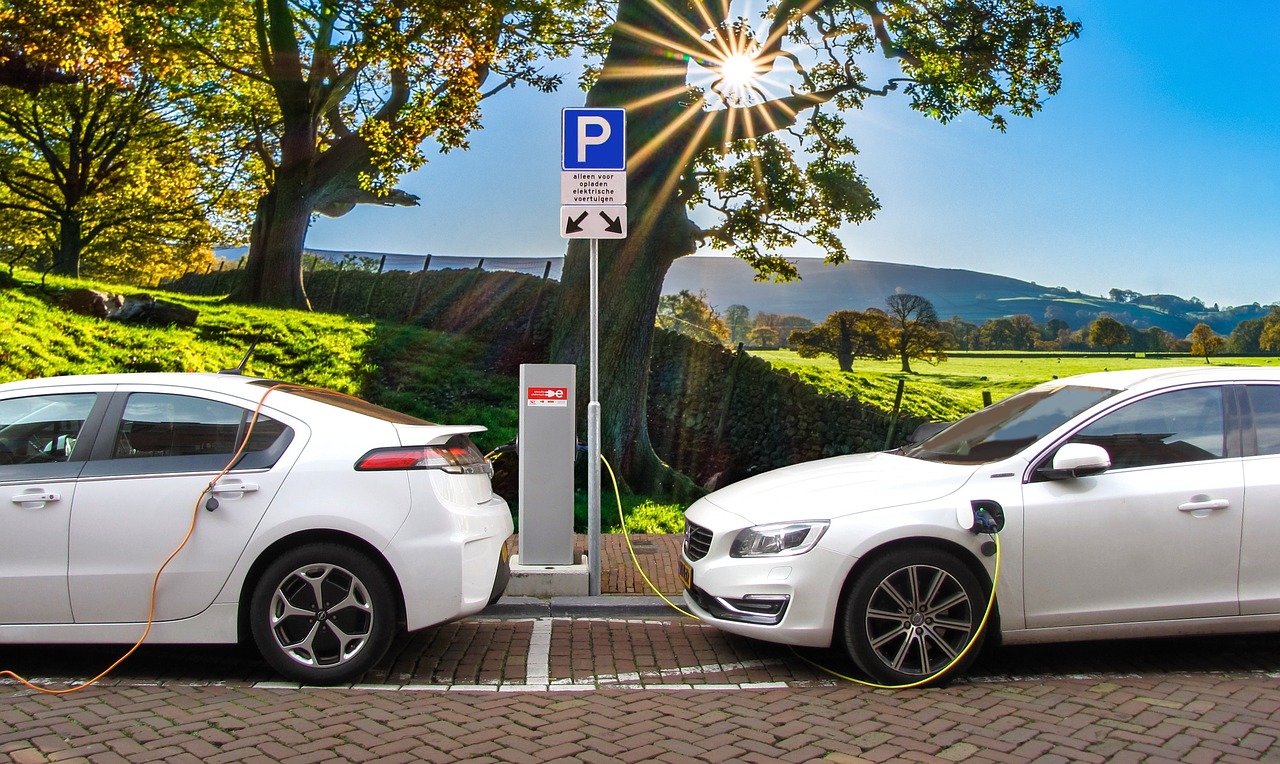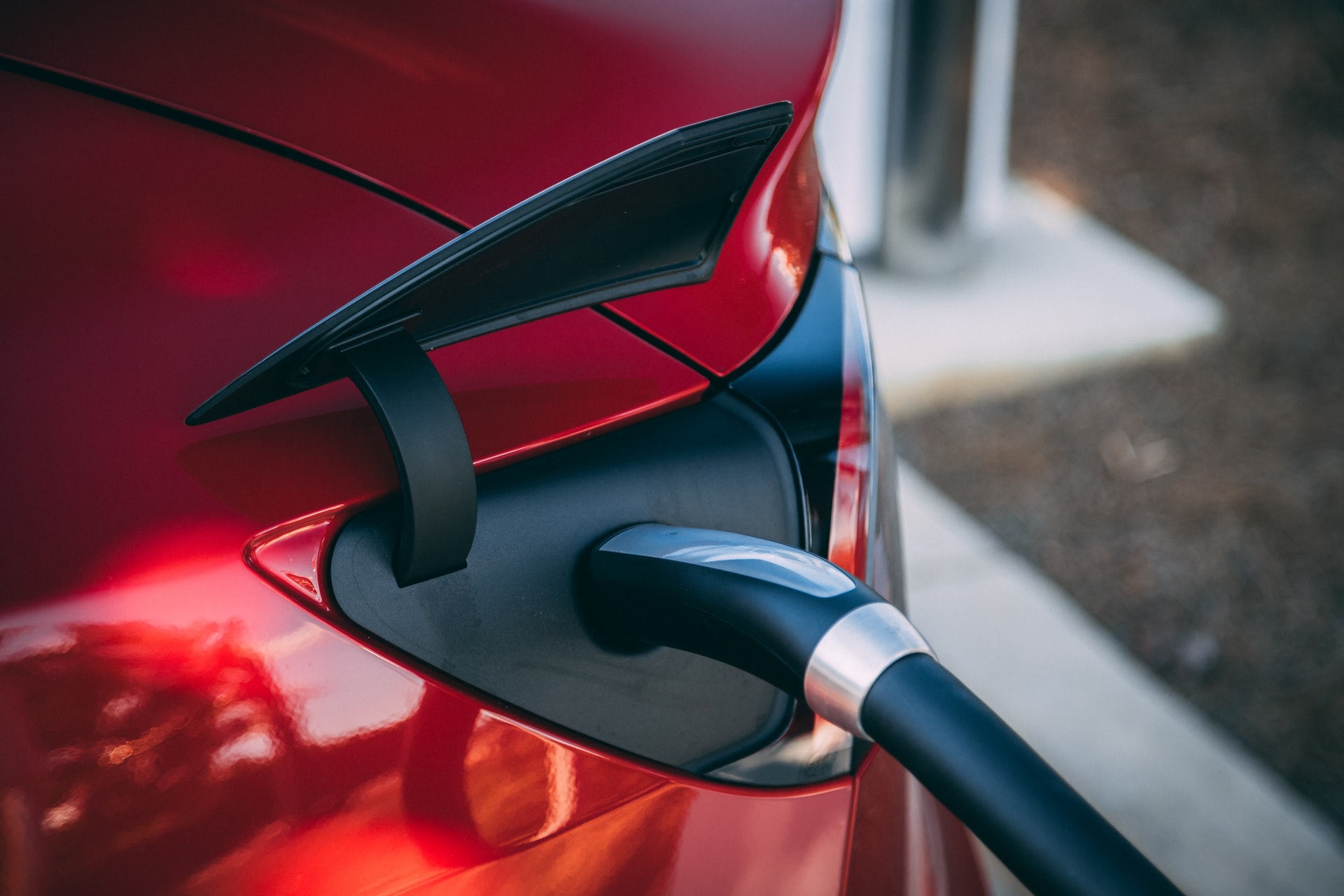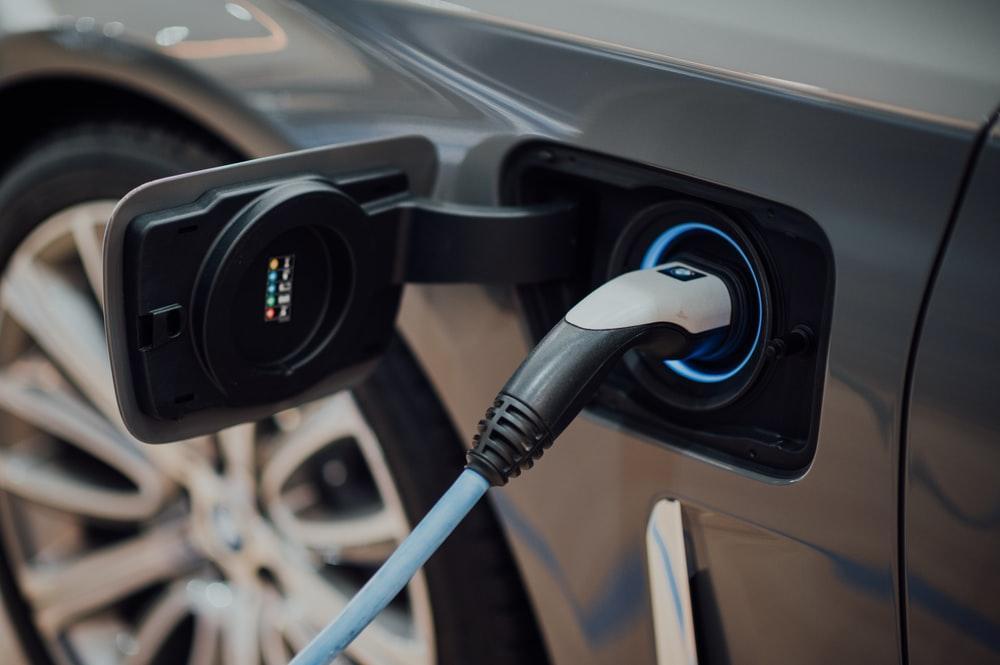

Roman Danaev
Electric vehicles (EVs) often come with a higher price tag than traditional petrol or diesel cars. This leaves many drivers wondering what justifies the cost. While upfront prices are higher, several factors drive this, including battery technology, manufacturing processes, and long-term savings.
In this article, we’ll break down the key reasons why electric cars cost more today. We’ll also look at how EV pricing compares to standard vehicles and what buyers are really paying for.
Electric cars vs diesel cars: what is the typical total cost?
You face two major costs when choosing cars: upfront purchase and ongoing running expenses. EVs (electric vehicles) operate on a battery pack and electric motor, not a diesel internal combustion engine (ICE).
You’ll encounter three main EV types:
- HEVs (Hybrid Electric Vehicles) – combine petrol engine with electric motor
- PHEVs (Plug-in Hybrid Electric Vehicles) – plug in and drive short distances electrically
- BEVs (Battery Electric Vehicles) – fully electric, no petrol engine at all
EV registrations soared recently. In May 2025, BEVs made up 21.8 % of new car registrations, up 25.8 % year on year. For the full year 2024, BEVs held 19.6 % market share, marking a 21.4 % increase.
The UK Government added muscle to this shift. It plans a diesel and petrol car ban from 2030 and poured £20 million into EV charge point infrastructure and battery research. These steps aim to cut running costs and ease your switch to electric.
How expensive are electric cars?
Below is a table comparing characteristics and costs of standard and electric cars:
| Model | Seats | List Price | Insurance (avg) | Servicing (avg) | Road Tax (VED) | Annual Fuel/Charge Cost |
|---|---|---|---|---|---|---|
| Standard Car – Mid-range / Mid-size | ||||||
| Audi A6 | 5 | £39,950 | £961 | £203 | £465 | £1,864 |
| Ford Focus Estate | 5 | £22,215 | £572 | £208 | £145 | £1,119 |
| Mazda3 | 5 | £21,720 | £555 | £165 | £145 | £1,230 |
| Electric Car – Mid-range / Mid-size | ||||||
| Tesla Model 3 SR | 5 | £49,000 | £2,718 | £1,181 | £0 (until Apr 2025) | £1,152 |
| Kia e-Niro | 5 | £38,995 | £1,026 | £757 | £0 (until Apr 2025) | £1,400 |
| BYD Dolphin Surf (cheapest EV) | 5 | £18,650 | ~£900 * | ~£400 * | £0 | ~£800 * |
| BMW 330e (PHEV) | 5 | £33,935 | £1,617 | £1,336 | £950 | £1,624 |
Standard cars remain cheaper to buy, insure, and maintain. Their parts are widely available, and their repair costs stay relatively low. That keeps overall ownership costs down, especially for popular models like the Ford Focus or Mazda3
Electric vehicles still carry higher sticker prices and insurance premiums. Servicing is more expensive too, mainly due to specialised labour and high-voltage components. Yet running costs tell a different story. Charging at home can cut your fuel bill by more than half. And with no VED to pay (if you register before April 2025) you save up to £465 annually.
The gap is closing. New entries like the BYD Dolphin Surf now offer EV ownership for under £20,000. While premium models still command higher prices, the landscape is changing and fast.
Electric may still cost more at first. But with fuel savings, tax breaks, and cheaper models arriving, it’s becoming a much easier choice for more drivers like you.
Find car finance deals with the best rates!
Get a quoteReasons why EVs are more expensive than diesel-powered cars
Buying a new car usually comes with a high price tag. Choosing an electric vehicle (EV) often means paying even more. And no, it's not just because of the battery (though that’s a big part of it).
An EV shares many parts with a traditional diesel car. But the difference lies in what those parts are made of. Fewer? Yes. Cheaper? Not at all. EVs rely on high-grade components: cooling systems, power electronics, and wiring that can handle serious voltage. So, the cost adds up fast.
Then there’s demand. And supply. EVs are in high demand across the UK and beyond. But materials like lithium and cobalt (used in batteries) are in short supply. Add shipping delays, and production gets slower and more expensive. You end up paying the difference.
Below are some of the main factors that increase the overall cost of an EV:
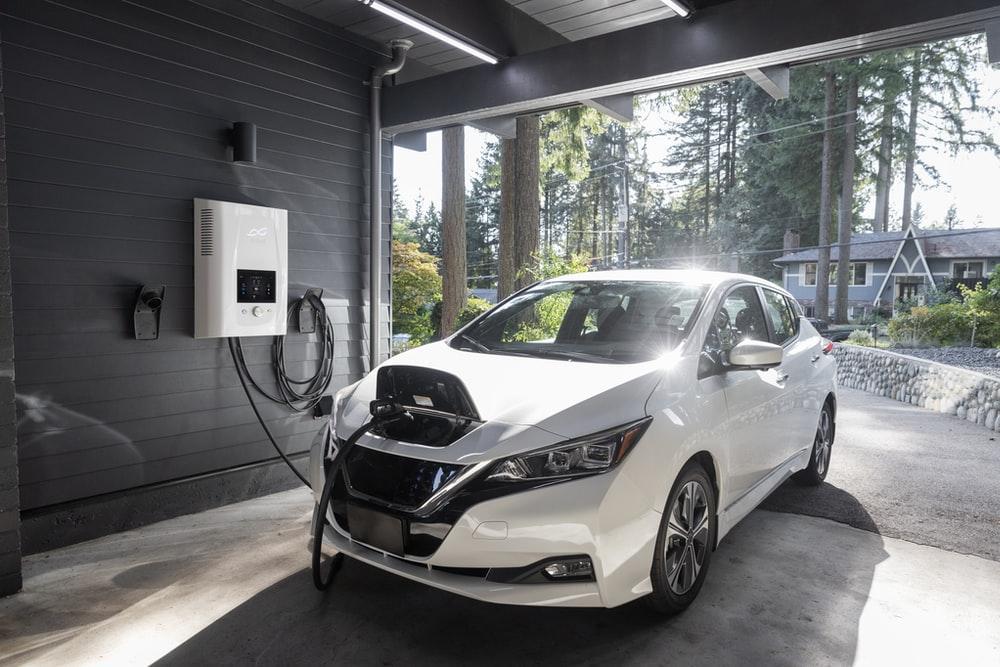
1. Battery technology comes at a high cost
Today, you’ll find two main types on the market: disposable and rechargeable. Disposable batteries—like zinc-carbon and alkaline—serve everyday gadgets. But you won’t use them in cars. They’re not safe or efficient for EV powertrains.
EVs use rechargeable batteries instead. You already use them in phones or laptops. These include nickel‑cadmium (NiCd), nickel‑metal hydride (NiMH), and lithium‑ion (Li‑ion). Cars? They use lithium‑ion packs for clean, fossil‑fuel‑free electricity.
And that brings us to cost. A typical EV battery pack costs around £111 per kilowatt-hour, based on 2023 pricing, though prices are falling fast. For a standard 60 kWh pack, that works out at roughly £6,660. That’s nearly 30–35 % of an average EV’s purchase price . Battery costs vary with chemistry. For example, LFP (lithium‑iron‑phosphate) cells cost just under $60/kWh—about £47/kWh—while higher‑energy NMC cells cost nearly $139/kWh. And the cathode (the battery’s energy-storage core) relies on costly cobalt, manganese and nickel .
2. Cars using an all-electric motor are still new to the market
More drivers now understand the impact of vehicle emissions on both health and the environment. And that awareness drives up demand for electric cars.
But the market for fully electric vehicles is still developing. The technology is still young, and production remains limited. As a result, prices stay high. Manufacturers struggle to scale up supply while keeping costs in check. And that makes it harder to meet demand and offer affordable options for you.
3. Limited electric car supply doesn't meet the high demand in the market
You already know the world wants cleaner transport. Petrol and diesel? Out. EVs? In demand. Everyone’s talking about emissions, sustainability, and the race to cut carbon. But there’s a problem. A big one.
Manufacturers simply can’t keep up. Demand’s rising fast. Battery demand alone jumped by 40% in 2023, hitting a global total of 750 GWh. And guess what? Asia Pacific now handles about 87% of battery production, so any disruption there slows things down for everyone. You wait. They delay. Prices creep higher.
Now add this: it can take up to 18 months to produce and integrate a single lithium-ion battery pack into a car. That’s not days. Or weeks. That’s more than a year just to power one EV.
Meanwhile, you still charge for half an hour. A diesel driver fills up in five minutes and drives off. Yes, EVs are cleaner, but for many, convenience still wins.
So here we are. High demand. Limited supply. Long delays. And until things speed up, you'll keep seeing high price tags on electric vehicles.
4. Electric car servicing and maintenance cost
Electric cars can cost more to repair, especially when specialist parts or diagnostics are needed. That’s the key difference.
You’ll still deal with routine wear and tear: tyres, brakes, suspension, lights, even internal cabling. But EVs also come with complex battery systems and high-voltage motors. These need trained technicians, special equipment, and safe workshop conditions. And that drives up your bill.
Petrol and diesel cars, meanwhile, need oil changes roughly every 3,000 miles. They also require regular replacement of air filters, spark plugs, radiators and more. So while you visit garages more often, the individual jobs often cost less.
EVs don't need oil changes, but they bring in expensive electronics and sealed battery packs. You might avoid small, frequent costs. But when bug repairs are needed, they can hit harder.
Still unsure what counts as essential upkeep?
You might want to read this: Do Electric Cars Need an MOT? (Spoiler: they do.)
5. The electric car belongs to a higher car insurance group
Electric vehicles often cost more to insure.That’s because they sit in higher insurance groups than most petrol or diesel cars. Insurers place cars into groups based on three main factors: vehicle value, repair costs, and how much it costs to build. EVs score high across all three. They contain specialist parts, use expensive materials, and require expert repair after an accident. And that pushes up the insurance premium.
Some insurers report higher claim rates for EVs. One provider says EV drivers file claims 56% more often than petrol drivers. And the average EV claim costs £1,211, compared with £691 for combustion engine cars
Still, don’t rush. Many insurers now offer specialist electric car cover. Take your time, compare policies, and find the one that works best for you.
6. Electric cars are no longer exempt from road tax
From April 2025, all electric cars pay road tax. That’s a significant shift from previous years. New EVs pay just £10 in their first year, thanks to low or zero emissions. After that, you're charged the standard rate of £195 annually. Previously, some EV drivers paid no tax at all. But recent rule changes ended that exemption.
And if your EV cost over £40,000 when new, you’ll pay an extra ‘expensive car supplement’ of £425 per year, for five years (years 2-6). That pushes your total annual VED to £620. That change cost drivers over £47 million, though many rushed to renew their tax before April 1 to secure the previous exemption.
So yes, you’ll pay road tax. But at least it starts low in the first year. And you still avoid fuel duty and congestion charges, which save you much more overall.
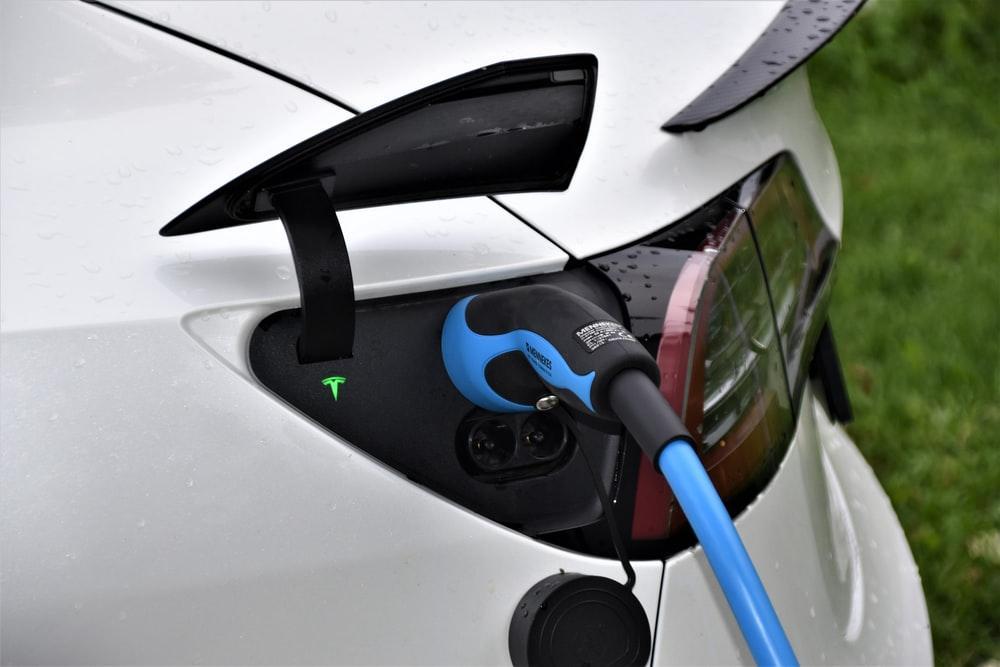
7. Hybrid cars have better fuel economy
Hybrids help you spend less on fuel. That’s their biggest draw.
They use both a petrol engine and an electric motor to power the car. Plug-in hybrids (also known as PHEVs) cost around 20% more than standard petrol cars, but still less than most EVs. Why? Because they’ve been around longer. And they’re easier to produce.
You’ll feel the difference at the pump. Hybrids typically use 25–30% less fuel than traditional petrol cars. That saves you up to £400 a year in fuel costs, depending on your mileage and model. Not bad, right?
Let’s make it real. A petrol-powered Mazda 3 costs about £1,406 per year to run. A similar hybrid could cut that to £1,000-£1,050. Over five years? You pocket around £1,800 in savings.
But here’s the catch (because there’s always one). PHEVs only hit those savings if you charge regularly. Lab results might claim 200 mpg, but real-world drivers average closer to 83 mpg. Still decent. Just… not miraculous.
So, if you want to save fuel but avoid full electric, a hybrid gives you middle ground. Clean-ish. Smart. Cheaper to run.
8. Cost to charge an electric car per kilowatt-hour (kWh)
Charging an EV is cheaper at home than in public. That’s the central fact you need to know. Home electricity now costs about 24.5 p/kWh on standard UK tariffs. So if your car has a 70 kWh battery, a full charge at home costs roughly £17.15, giving around 240 miles of range. Clean. Quiet. And cost-effective.
But public chargers cost more. Rapid chargers range between 30p and 75p per kWh, depending on speed and network. Ultra-rapid units can reach 79p/kWh, nearly 10 times the home rate. That means a 30-minute top-up—adding about 40 kWh—could cost £32.80 to £35.60. Ouch. (It hurts.)
But you can beat that. Some home tariffs drop to around 7p/kWh overnight. That slashes a 70 kWh top-up to just £4.90. Talk about bargains.
You’ll need to fit a wall charger. That costs around £1,350, before any grants. Fortunately, OZEV offers up to £350 off for eligible homeowners, renters or flat-owners. Worth it. So here’s the takeaway: Home charging remains by far the most affordable optionfor you. Public charging adds flexibility, but at a premium.
9. Fast and easy financing for an electric car
Electric cars cost more upfront, but finance helps you spread that cost. That’s the simple truth.
Take the BMW 330e. It starts at £32,220 - a price you’d usually see on a well-specced petrol saloon. For many, that feels out of reach. But it doesn’t have to be.
If you want to drive electric but can’t pay in full, car finance offers a practical solution. With the right deal, you can pay monthly and stay within budget. That means no need for a lump sum, no need to delay your plans.
At Carplus, we help drivers get approved for car finance, even with poor credit. And we don’t just stop there. We guide you through government grants and EV-specific support schemes to lower the final cost of your car. (Yes, they still exist despite the headlines.) So if you're thinking of going electric, but the price holds you back, consider finance. It's fast, it's flexible, and it brings an electric car within your reach.
10. Upfront cost in getting EVs
Electric cars cost more to buy, but smart choices help you manage that. That’s the key takeaway.
You don’t need the newest top-range model with the biggest battery. You only need a car that suits your lifestyle. Look at your needs: daily mileage, boot space, seating, and battery life. Then choose something that fits.
EVs still cost more upfront than petrol or diesel cars. And yes, you’ll face higher insurance and repair bills too. On top of that, supply chain delays keep prices high. So don’t expect big price drops just yet.
But that doesn’t mean EVs are out of reach. Car finance and government grants can ease the upfront cost. You can even get help with the price of a home charger. Just make sure you compare your options before buying.
Still weighing it up? You may want to read this:How Much Does It Cost to Charge an Electric Car?
11. The resale value of an electric motor vehicle
EVs now hold their value better than before. That’s the big change. Electric cars used to skid in value quickly. Some models fell to just 17 % of their original price after three years. That changed.
Popular EVs now keep between 40 % and 55 % of their value after three years and 36,000 miles. For instance, a second‑hand Tesla Model 3 usually retains around 60 % of its list price from year one, and about 45 % after three years . That’s a big jump from earlier patterns. And top-tier EVs can even outperform. Models like the Lotus Eletre and Audi A6 E‑tron hold around 53–55 %after three years.
That has changed the resale landscape. You’ll find fewer electric cars rapidly losing value. And better retention makes EVs more appealing for second‑hand buyers like you.

Summary: Will electric cars go cheaper in the UK?
Electric cars still cost more upfront, but prices are falling fast.
The average new EV in the UK now costs about £46,000, compared with £33,000 for non-luxury models, though budget options under £20,000 have emerged, such as the BYD Dolphin Surf at £18,650. That’s shifting the market.
Analysts expect EVs to achieve price parity (or even edge cheaper than petrol and diesel cars) by 2026–2027, thanks to falling battery costs and smarter mass production. However, EVs still cost more today because of limited supply, expensive battery materials, and demand outpacing production. But the Government and manufacturers are working hard on that. They’ve invested £1.4 billion, including £400 million for charging infra. And they still offer grants, finance schemes, and home charger subsidies to ease your upfront cost.
So yes—you’ll pay more now. But prices are already dropping sharply. And future savings on fuel, tax, insurance, and maintenance make EVs a smart long-term choice.
If you're planning an EV purchase, now’s a great time to compare models and deals.
Contents
Latest News
| Loan amount: | £16,000 |
|---|---|
| Length of loan: | 60 months |
| Interest rate: | 12,9% |
| Amount of interest | £5,793.84 |
| Total payment: | £21,793.84 |




